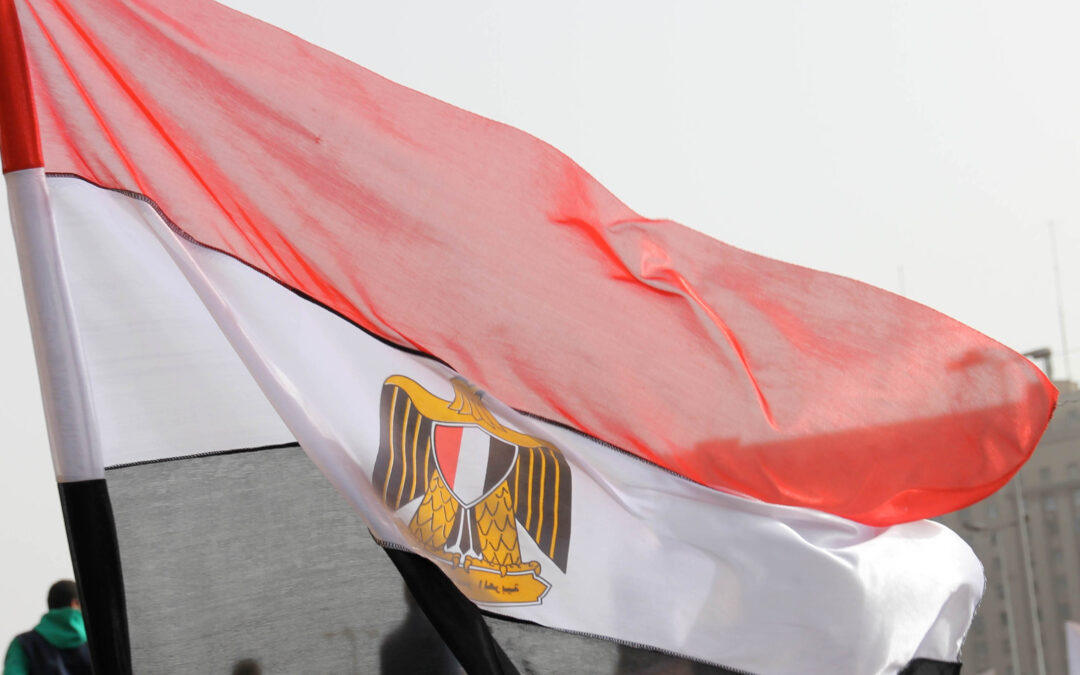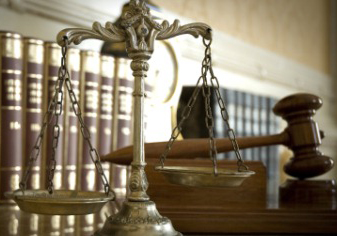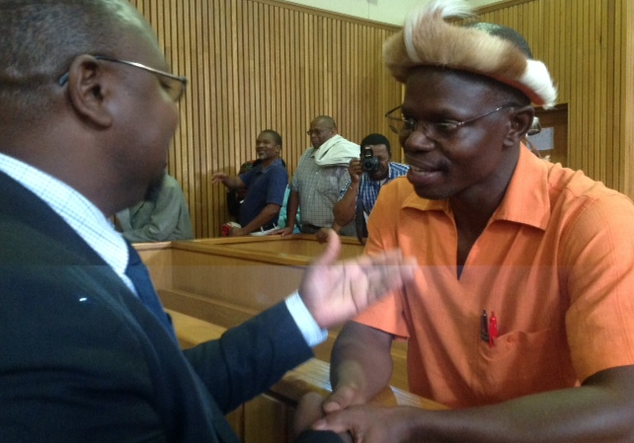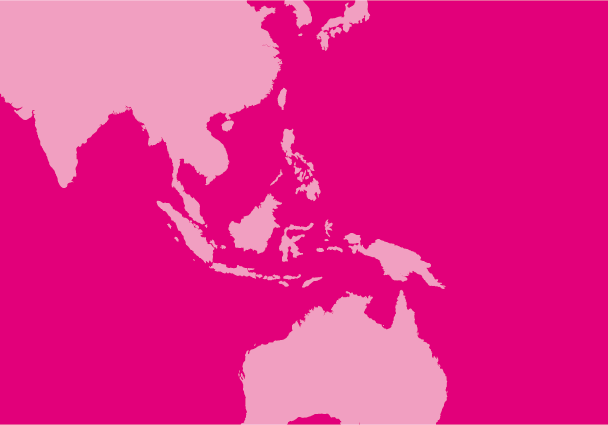
May 18, 2015 | News
The ICJ condemns ongoing egregious human rights violations, including the right to life by the Egyptian authorities and facilitated by unfair judicial proceedings.
Yesterday, six men were executed following their conviction in an unfair trial by a military court and confirmation of the death sentences by the President of the Republic, Abdel Fatah Sissi, on 24 March 2015.
The men were part of a group of nine individuals accused of participating in attacks on security services and killing two officers of the armed forces on 19 March 2014.
Their conviction through military proceedings violated their right to a fair trial by a competent, independent and impartial tribunal.
Military court judges in Egypt are appointed by the Minister of Defense and are subject to military discipline procedures. By the very constitution of this court, in addition to by the manner in which the trial procedures were conducted, the defendants were denied the right to a fair trial under international standards.
All of the accused alleged that they had been subjected to torture and other ill treatment, as a result of which one of them was reported to have suffered a broken thigh and fractured knee.
Rights of defence were undermined, including the ability to have confidential access to a lawyer.
Furthermore, three of the accused were reportedly already in detention at the time the attacks they were convicted of participating in took place.
The executions came just a day after the decision on 16 May by the Cairo Criminal Court to recommend deaths sentences for more than 120 accused persons, including former President Morsi.
The cases have been referred to the mufti, the highest official religious authority in Egypt for confirmation.
This decision relates to two separate cases in which the accused, including Mohamed Morsi and other senior officials from the Muslim Brotherhood, were convicted of numerous charges.
These include, “murder”, “carrying out acts that compromise the independence of the country”, “abduction of police officers”, “collusion with a foreign organization to carry out terrorist activities in Egypt” and “carrying heavy weapons to resist the Egyptian state”.
The criminal proceedings that led to Saturday’s verdict follow grossly unfair trials.
The ICJ considers that in the trial and sentencing the defendants, the Egyptian authorities have acted in breach of Egypt’s obligations under international human rights law, including those relating to the right to life, the prohibition of torture and other cruel, inhuman or degrading treatment or punishment, and fair trial rights.
Many of the accused were denied access to counsel during detention, with some of them held incommunicado for months. Mohamed Morsi’s whereabouts were unknown from 3 July 2013 to November 2013.
The accused’s defence rights were largely undermined, including by curtailing the right to call and examine witnesses.
Further, during the entirety of the proceedings, prosecutors failed to provide substantial and credible evidence to support the charges against the accused, relying heavily on police and intelligence reports.
Reviewing numerous judgments issued in the context of similar mass trials resulting in death sentences, the ICJ has found a systematic failure of the courts to establish the individual guilt of each accused based on credible evidence.
Saturday’s judgment appears to continue this trend.
Further, under Egyptian law, decisions of felonies courts are not subject to appeal.
They can only be challenged before the Cassation Court, which does not look at the merits of the case but rather only the proper application of the law by lower courts.
“The imposition and execution of death sentences following such grossly unfair trials amount to a summary execution, a serious crime under international law,” said Said Benarbia, Director of the ICJ Middle East and North Africa programme.”
“Rather than contributing to serious human rights violations, Egyptian judges should preserve the dignity of their office and act in defence of the rule of law and human rights, not as a tool of repression,” he added.
The ICJ opposes the use of the death penalty in all circumstances as a violation of the right to life and a form of cruel, inhuman and degrading punishment.
The African Commission on Human and Peoples’ Rights has called on Egypt recently to refrain from carrying out the death penalty as it amounts to a violation of the right to life.
The UN General Assembly has repeatedly, by a large majority, called for a moratorium on its use.
Contact:
Alice Goodenough, Legal Adviser of the ICJ Middle East and North Africa Programme, t: +44 7815 570 834, e: alice.goodenough(a)icj.org
Nader Diab, Associate Legal Adviser of the ICJ Middle East and North Africa Programme, t: +41 229 793 804, e: nader.diab(a)icj.org
Egypt-Executions and mass death sentences-News-Press releases-2015-ARA (press release in Arabic, PDF)

May 18, 2015 | News
From 18 to 22 May, the ICJ will carry out a mission to the Russian Federation to examine questions related to the independence and integrity of the legal profession, access to an independent lawyer and the right to an effective defence.
The mission will address the role of Bar Associations in protecting the independence of lawyers, as well as obstacles faced by individual lawyers in protecting the rights of their clients.
The ICJ mission, led by Wilder Tyler, the ICJ Secretary General, will hold meetings with leading Russian experts in the field.
The mission will also meet with the representatives of the Federal Chamber of Lawyers, government officials, and independent lawyers and will take part in two round table discussion with legal scholars and practicing lawyers.
A comprehensive report analyzing the main findings will follow the mission and will present recommendations for reform of law and practice in light of international law and standards on the role of lawyers.
Contact:
Róisín Pillay, Director, Europe Programme, roisin.pillay(a)icj.org
Temur Shakirov, Legal Adviser, Europe Programme, temur.shakirov(a)icj.org

May 15, 2015 | News
Concluding a five-day mission today, an International Fact-Finding team of the ICJ observed that there are serious structural deficiencies in Swaziland’s justice system that need to be addressed systematically and in a structured way to ensure the country meet core rule of law principles.
The mission was conducted in collaboration with the Africa Judges and Jurists Forum, Judges for Judges (the Netherlands) and the Commonwealth Magistrates’ and Judges’ Association, with the aim to assess the state of independence of the judiciary and administration of justice in the country.
“Current developments are merely the symptoms of a systemic crisis,” said Mission leader retired Judge Chinhengo of Zimbabwe.
“There is a need for officials from all branches of government to adhere to the rule of law. The effect of denied justice and in Swaziland has made many victims. Its effect on the community has been devastating, as it has served to undermine respect for human rights and trust in the judiciary to act as a check on the other branches of the State,” he added.
The decision to convene the International Fact-Finding Mission coincided with highly troubling recent events, including the arrest of Judges Simelane and Annandale, Registrar Nhlabatsi and former Minister of Justice Shongwe, and the continuing stand-off between suspended Chief Justice Ramodibedi and governmental authorities.
The Mission was also deeply concerned by the emblematic cases of the unfair dismissal of Judge Thomas Masuku in 2011 as well as the unfair trial and subsequent arbitrary detention of journalist Bheki Makhubu and lawyer Thulani Maseko (photo, on the right) in 2014.
The mission noted these developments were the culmination of a longstanding and deep-rooted systemic challenge that has to be adressed.
During its visit, from 11 to 15 May, the Mission met with key stakeholders in the administration of justice in Swaziland, including the Prime Minister and the acting Attorney General, the acting Chief Justice, the suspended Chief Justice and other members of the judiciary, and representatives of the Law Society and leading civil society actors.
The International Fact-Finding Mission will release a report with its observations and recommendations to the Swaziland authorities and the international community, providing concrete advice on strengthening the rule of law in the Kingdom.
Contact:
Arnold Tsunga, Director, ICJ Africa Regional Programme, t: +27 11 024 8268 or +27 73 131 8411: e: arnold.tsunga(a)icj.org,

May 15, 2015 | News
The ICJ today condemned the conviction of six human rights defenders after an unfair trial lasting less than five minutes. The six were charged in connection with their participation in a peaceful demonstration against the fatal shooting of a protestor in Letpadaung.
They were sentenced to four years and four months in prison with hard labour.
“Under both international and Myanmar law, a fair trial means independent judges, the need for evidence of guilt beyond a reasonable doubt, and due process. All of these requirements were ignored in the case of these accused, who must be immediately and unconditionally released,” said Sam Zarifi, the ICJ’s Regional Director for Asia and the Pacific.
“Instead of prosecuting peaceful protestors, the Myanmar government must hold those responsible for the killing in Letpadaung accountable and provide justice,” he added.
The ICJ attended today’s hearing at the Yangon Dagon Township Court of Daw Naw Ohn Hla, Daw Sein Htwe, U Nay Myo Zin, Ko Tin Htut Paing, Daw Lay Lay @ Daw San San Win and U Than Swe, who were sentenced for violating Article 18 of the Peaceful Assembly and Peaceful Procession Law, as well as a series of offences under the Penal Code.
These offences include assaulting or preventing a public servant from the discharge of his duty (Section 353); rioting (Section 147); publishing or circulating information which may cause public fear or alarm and may incite persons to commit offences “against the State or against the public tranquility” (Section 505(b)).
It is unclear whether an appeal will be filed, but the ICJ understands that the accused’s appeal in this case would be highly unlikely to succeed.
The ICJ has observed and documented the case’s pre-trial and trial phases and considers that they grossly violate international standards of fair trial.
Bail has been denied to all the accused after hearings that last less than five minutes. The accused have also complained to the ICJ about poor prison conditions, non-nutritious or edible food, dirty water and no access to radio or television.
These do not comply with international standards, including the United Nations Standard Minimum Rules for the Treatment of Prisoners.
The ICJ urges the Myanmar authorities to drop all charges against the accused and take effective measures to ensure that such violations do not reoccur in this or future cases.
The ICJ calls upon the Myanmar authorities and the judiciary to take measures, in law and practice, to ensure that the judiciary is able to decide cases independently and impartially as a separate and co-equal branch of the government.
Background:
The accused were arrested and detained on 30 December 2014 for the lawful exercise of their right to freedom of peaceful assembly.
They protested in front of the Chinese embassy in Yangon calling on the Myanmar authorities to carry out an urgent and impartial investigation into the death of Daw Khin Win.
She was shot dead on 22 December 2014 while demonstrating against illegal land confiscations and forced evictions over the Letpadaung copper mine in Monywa.
There has been so far no arrest or prosecution for the use of incendiary weapons as a crowd-control agent in Letpadaung in 2012 or for the shooting of Daw Khin Win last year.
Contact:
In Bangkok: Sam Zarifi, ICJ Regional Director, Asia-Pacific Programme, e: sam.zarifi(a)icj.org
In Myanmar: Vani Sathisan, ICJ International Legal Adviser, t: +95 9250800301 ; e: vani.sathisan(a)icj.org

May 15, 2015 | News
Today the ICJ is launching an EU funded project to contribute to an improvement in administration of justice in Zimbabwe.
It is hoped that it will also result in greater legal protection of human rights as enshrined in the new constitution of Zimbabwe and to meet Zimbabwe’s international legal obligations pursuant to UN and African Union treaties to which it is Party.
Some of the activities that will be carried out under this project include:
– Organising judicial symposia;
– Working towards the re-establishment of the Zimbabwe Judicial College;
– Organising training workshops for non-judicial court staff;
– Organising training for prosecutors, magistrates and lawyers;
– Working for the full implementation of international human rights and rule of law standards as they relate to the administration of justice, including the ACHPR Principles and Guidelines on the Right to a Fair Trial and UN Basic Principles on the Independence of the Judiciary and UN Basic Principles on the Role of Lawyers;
– Working with the Law Society of Zimbabwe to improve the professional integrity of legal practitioners; and
– Supporting the revision of Zimbabwe’s Court Rules.
Speeches:
Zimbabwe-Speech Com Chinhengo-Advocacy-2015-ENG (ICJ Commissioner Chinhengo)
Zimbabwe-Speech CJ GG Chidyausiku-Advocacy-2015-ENG (Chief Justice Chidyausiku)
Zimbabwe-Speech EU Ambassador-Advocacy-2015-ENG (EU Ambassador)









